Are organic Medjool dates worth the time to find? Are they 100% pesticide free? Since the dawn of time, organic Medjool dates have received the most attention as a delicacy. Due to their excellent nutrients as well as their sweet and delicious taste, they were suitable for the dining tables of kings.
Dates are no longer considered a delicacy like they once were, meaning that anyone can partake in the benefits they offer. Organic Medjool dates are delicious, sweet, free of “bad” fats and give you more energy.
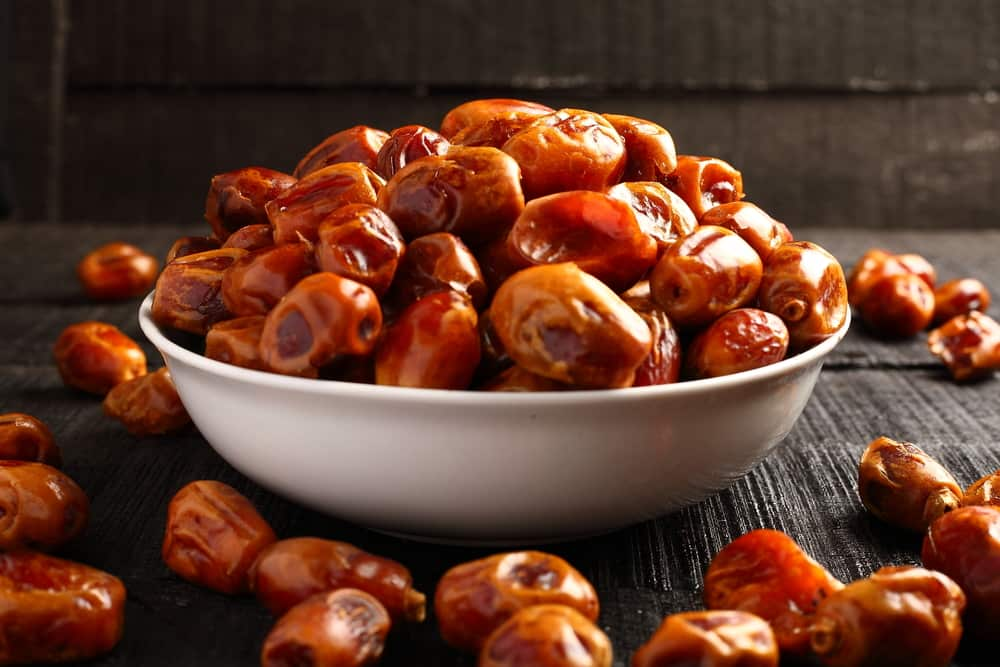
Since Medjool dates have fifty percent more potassium than bananas, eating them has been shown to have a more beneficial effect on the body’s circulatory and nervous systems. Big, fleshy, super juicy and naturally sweet organic dates, Medjool are a popular variety of dates.
Consuming 2 to 4 Medjool dates daily will provide you with one of the 5 servings of vitamins and minerals recommended for optimal health that you should consume every day. Organic Medjool dates are delicious when eaten on their own and may also be incorporated into a variety of culinary dishes.
They are delicious when paired with candy, granola, cookies, and salad. You can also include them in unique grain meals, such as couscous or wild rice casserole. If you want to enhance the flavor of your protein shake while increasing its nutritional value, try using some dates as a sweetener. Organic dates are dates that do not contain any chemicals or preservatives.
They have a higher phosphorus concentration than dates planted with conventional methods. The only difference the systematic review found between organic and conventional foods was that organic foods had higher phosphorus levels and lower nitrogen content.
The amounts of vitamin C, calcium, potassium, total soluble solids, copper, iron, nitrate, manganese and salt did not differ between the two groups. There is no content of any other nutrients or chemicals listed here either. Irradiation, industrial solvents, and synthetic food additives are not used in the processing of organic Modjool dates.
There is evidence that some organic fruits are drier than those grown using traditional methods. Fruit that is slightly drier may also have a stronger flavor due to the increased concentration of flavoring compounds in the fruit. They help maintain environmental harmony.
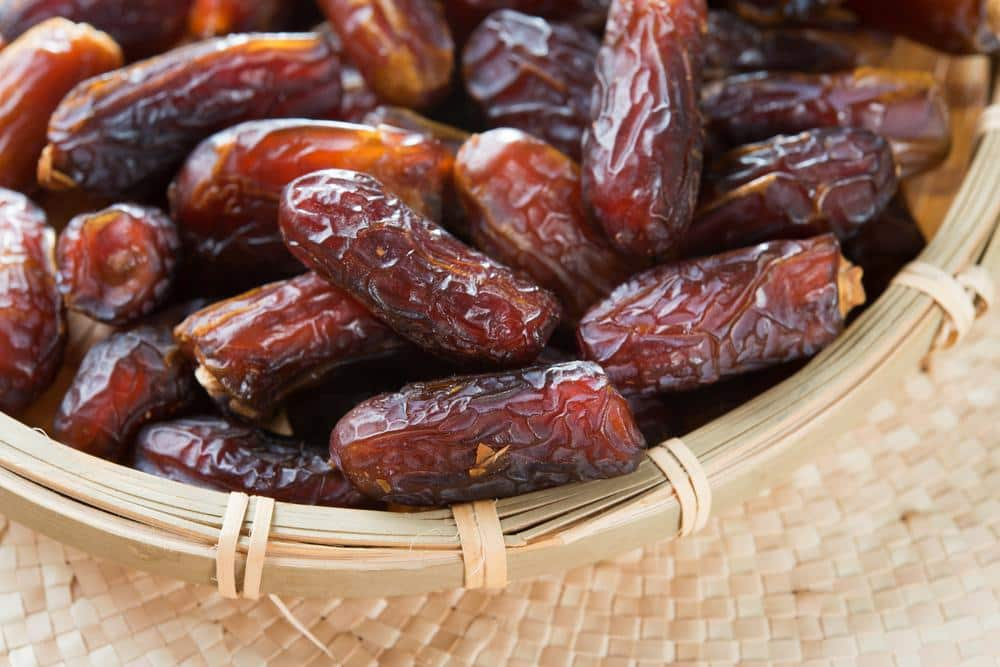
And strive to preserve the diversity of life. Many businesses that do not use organic methods put dates through a laborious process to preserve their plump appearance and preserve them for the long shelf life they should have in supermarkets and during shipping. (Note that freshly picked dates will last for weeks without treatment).
After picking, these foods are often subjected to processes such as dehydration, freezing, and often steaming (blanching). This makes them not seem to have lost their volume. In addition, dates that have been stored and dried on the palm for a long time are rehydrated (with steam). In addition, dates will be glazed.
Glazing is a brief high-temperature treatment that often occurs at the end of the hydration process. This causes the wax on the surface of the date to melt, and upon cooling, the date’s glossy shine returns to its original state. In addition, there is grading, pressing, cooling, sterilizing and polishing.
Not to mention the pesticides that were applied to them during growth. There is some debate about the amount of nutrition or medicinal properties still present in these dates. Inactivation of enzymes and microorganisms is the main goal of purification processes (pasteurization). It is recommended to avoid consuming them because they are “killed”, meaning that their vitamins, minerals and proteins have been denatured and turned into a mass of sugar.
It is important to note that most commercially available organic dates do not usually go through this process. As a result, it is usually fair to believe that the nutritional value of this ingredient has not been compromised in any way.
Now that you’re expecting, you may be unsure about choosing organic foods. Since organic foods are more expensive than conventional foods, it makes sense to want to do everything you can to give your child the best start in life.
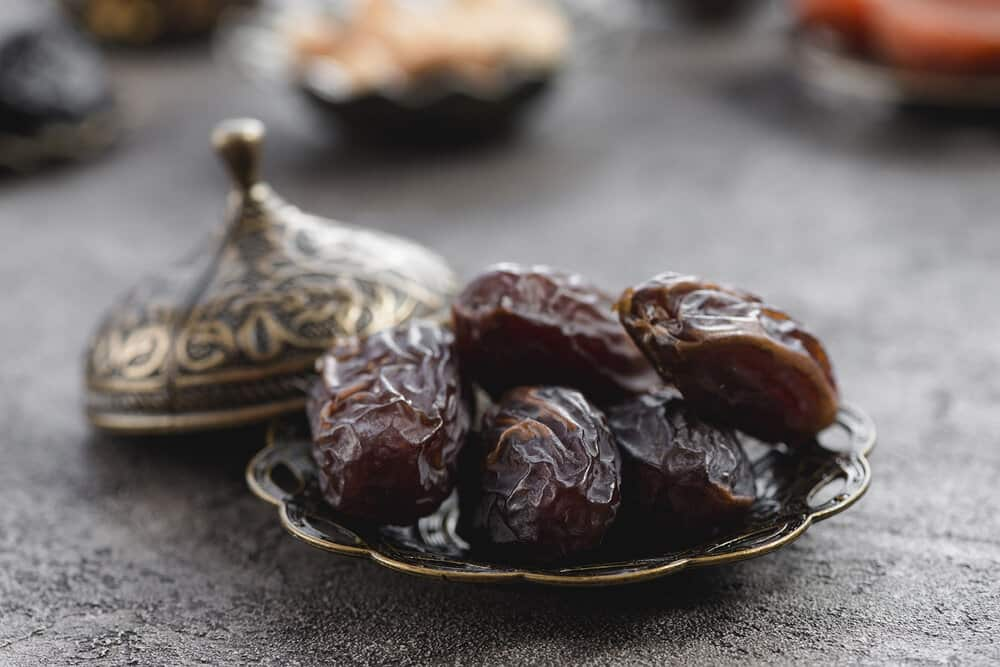
So, is it worth buying organic during pregnancy? Each debate has pros and cons, and the organic vs. conventional food debate is far from over.
There is still much to learn about how pesticides affect people, but research shows that eating organic foods reduces the amount of pesticides we consume. For example, the World Health Organization (WHO) and the Environmental Protection Agency (EPA) have different opinions on whether or not the famous weed killer glyphosate is harmful to human health.
The long-term consequences of antibiotics given to animals and then consumed by humans need further study. However, it is possible that, over time, certain bacteria in the animals we consume will develop resistance to the antibiotics we regularly give them.
Treating the infection with antibiotics may be difficult or impossible if people eat undercooked meat and get sick from this antibiotic-resistant bacteria.
USDA certified organic meat does not contain antibiotics. When it makes sense, choose organic produce during pregnancy, but remember that the key to a healthy pregnancy is choosing a wide variety of fruits and vegetables that are bright, fresh, and ripe.
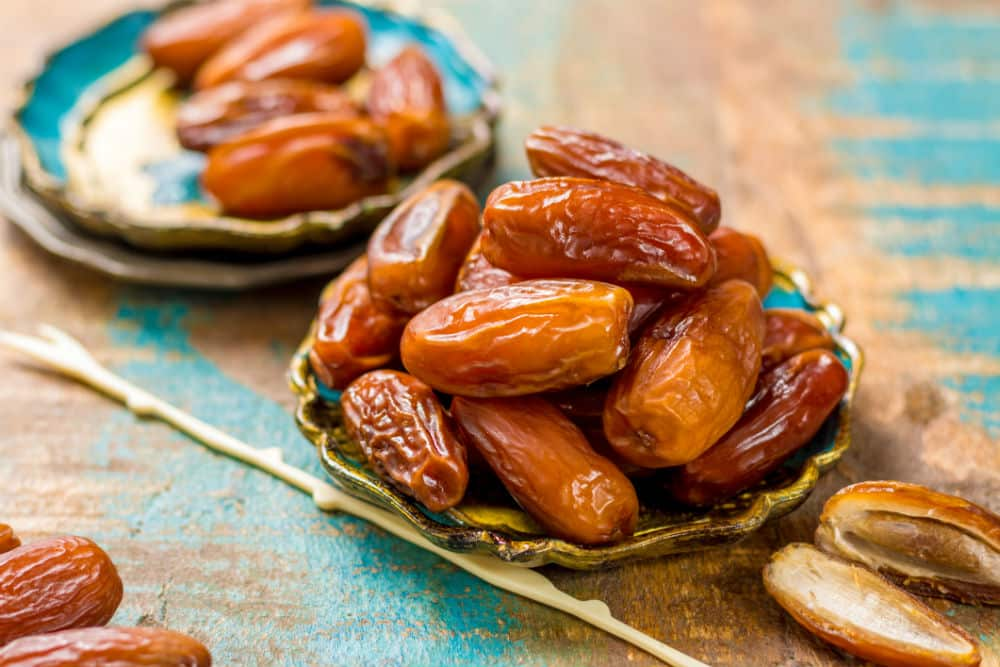
Also, never take the word “organic” to mean “100% safe.” Even if not treated with most synthetic pesticides, organic food can still contain bacteria like salmonella.
Remember to cook your meat, poultry, and fish properly, and wash dates and fruits carefully, whether you buy organic or conventional.

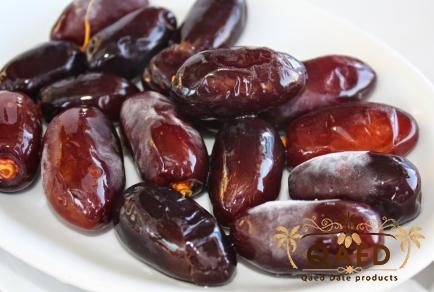
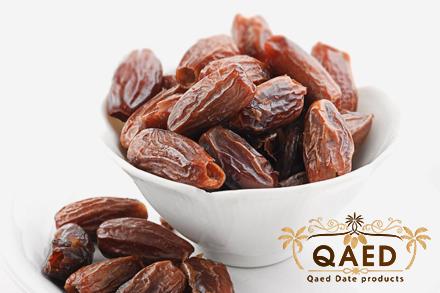
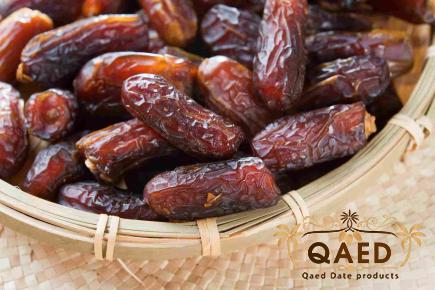
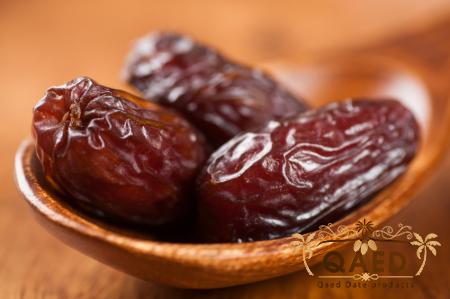
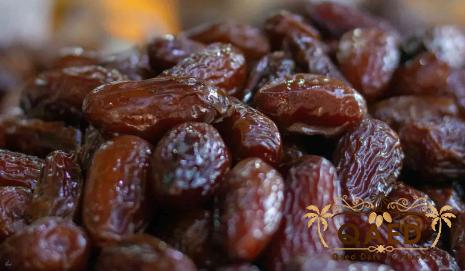
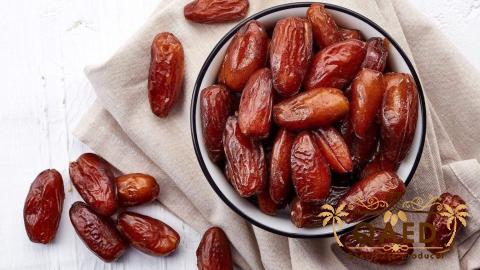
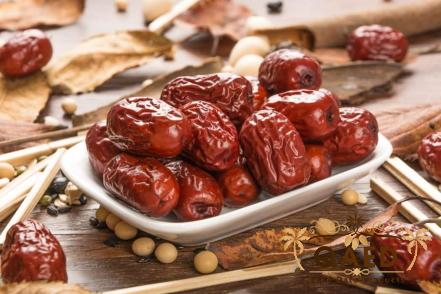
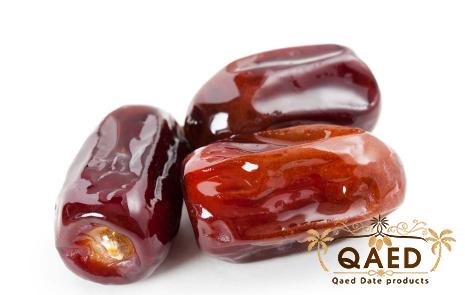
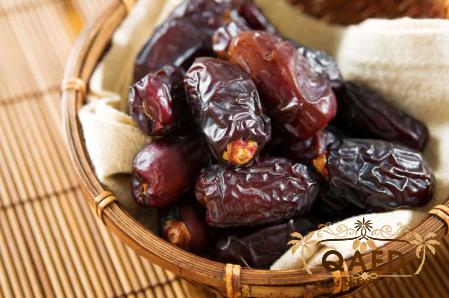
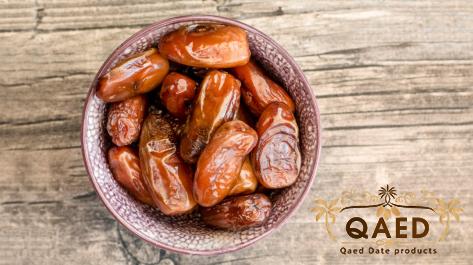
Your comment submitted.